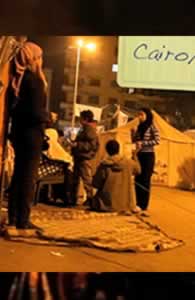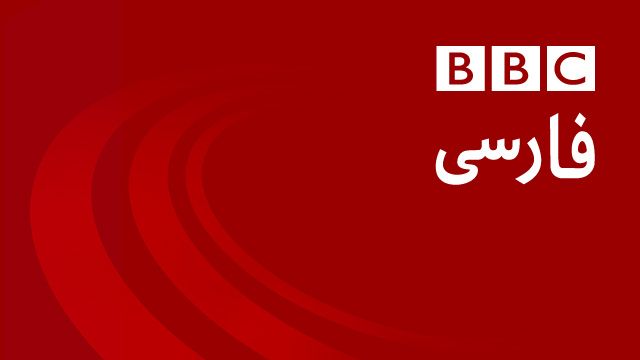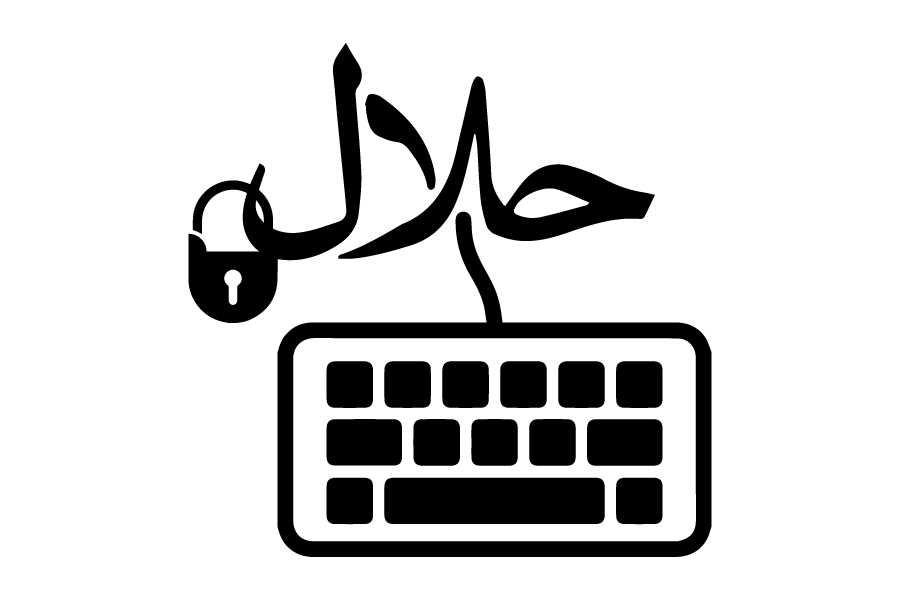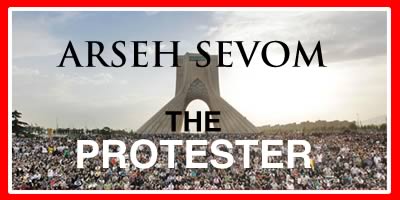Arseh Sevom -- In 2009, hundreds of thousands, maybe millions, of Iranians took to the streets to express their desire for more open and democratic governance. Most were wary of revolutionary promises and seeking reform with space to participate in society.“I stood on the streets with women in chadors who were protesting for my right not to wear a veil,” a 29-year-old school teacher in Tehran told us. “It surprised me.”That year many people urged Time Magazine to consider the protesters in Iran as the person of the year. They were disappointed by the choice of
Ben Bernanke This year
Time Magazine focused on The Protester, which professor and activist, Michael Benton calls, “Protest the way the American media establishment wants it -- faceless and ambiguous. Note that last month's time covers in the USA were different from the rest of the world's -- asking Americans to be ‘OK’ with ‘anxiety.’”

Scott Lucas of
Enduring America tells Arseh Sevom, “"It is not just The Protester as the Person of the Year. It is the resurrection of belief in protest as a positive, a belief that rights, justice, and a better way of life are not simply to be held and withheld by those who claim to be leaders."










